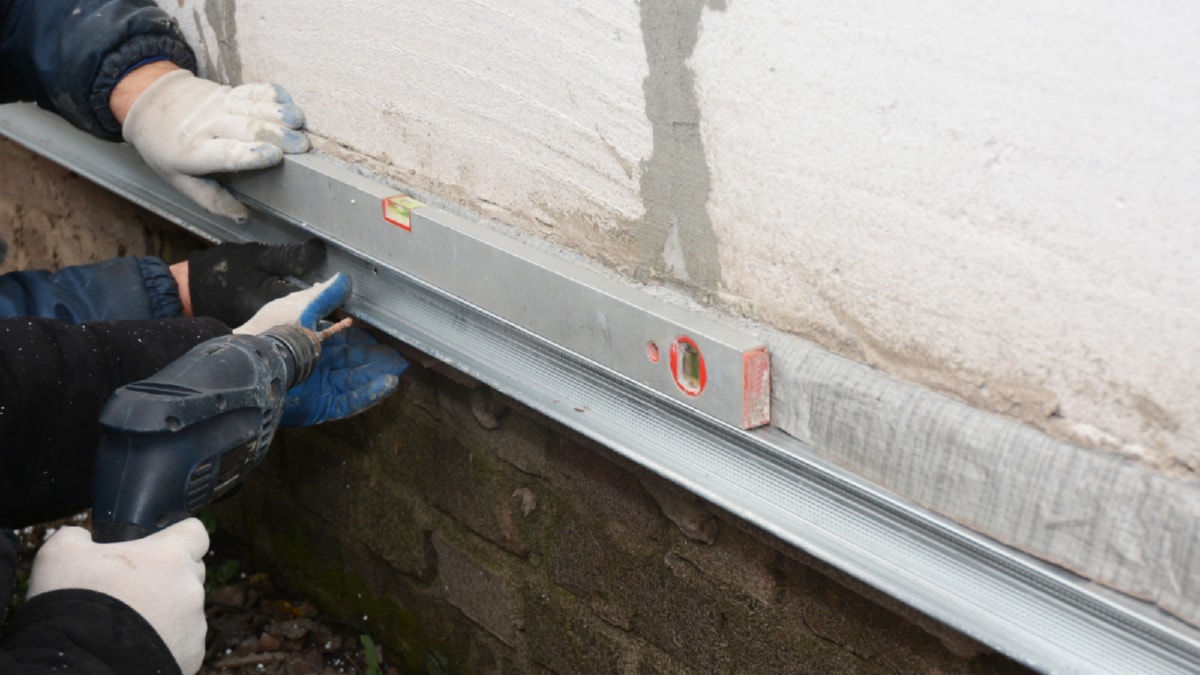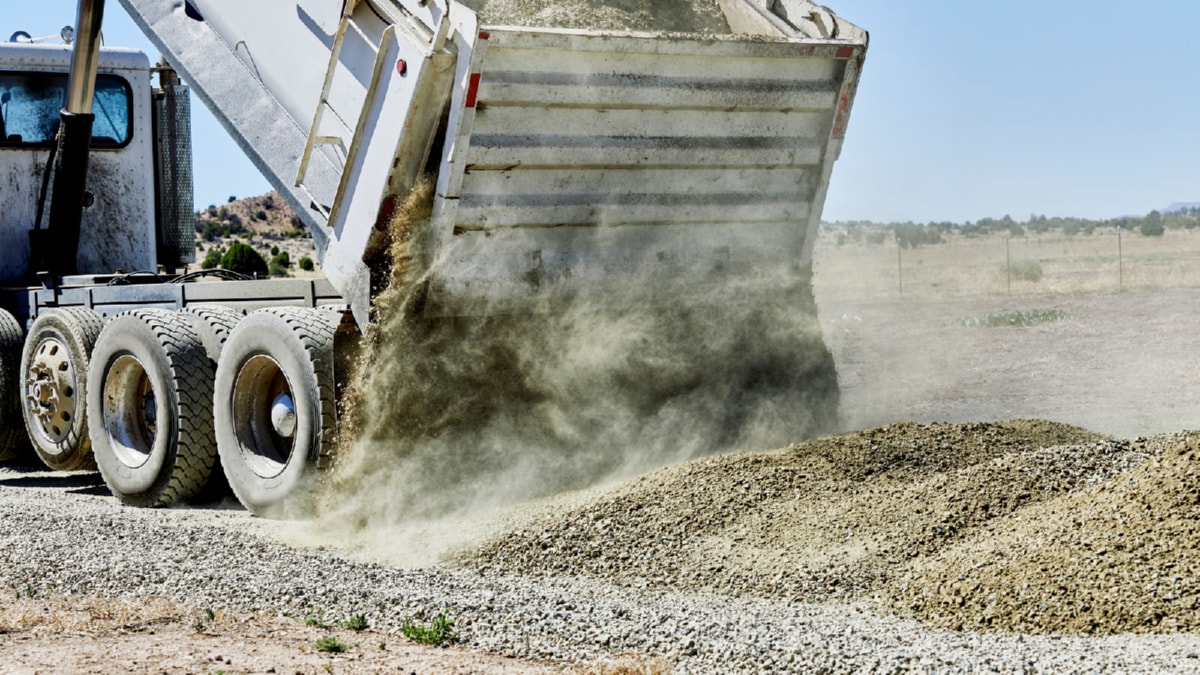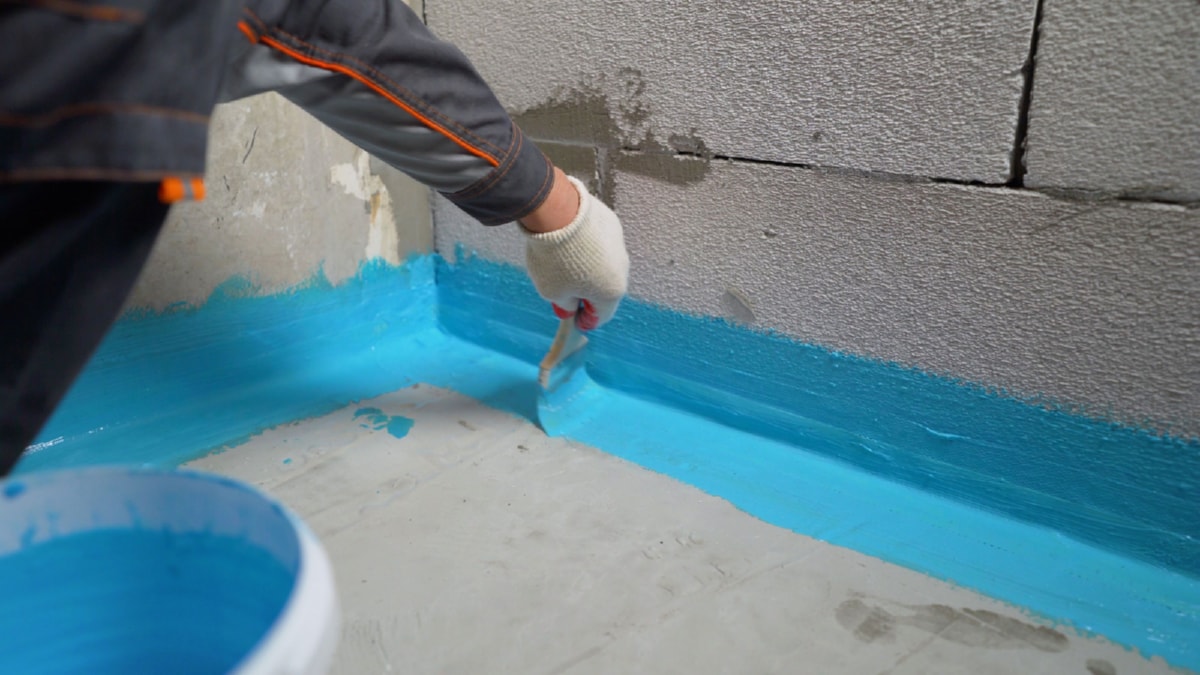The criticality of safety measures in construction cannot be overemphasized. Construction sites are often littered with potential hazards, from large machinery to exposed electrical wires. It is, therefore, vital to implement strict safety measures to protect workers and ensure the successful completion of projects.
Construction safety measures include the use of personal protective equipment (PPE) to rigorous safety training. Hard hats, safety glasses, and high-visibility clothing are just a few examples of PPE that can shield workers from usual site hazards. Moreover, regular safety training can equip workers with the knowledge to prevent accidents and respond effectively when they occur.
Comprehending the role of construction project management is equally important. Construction project managers play a pivotal role in ensuring projects are finished on time and within budget. They oversee every aspect of the project, from preliminary planning to the final touches.
The role of a construction project manager extends beyond coordinating tasks and overseeing resources. They also are instrumental in mitigating risks, resolving conflicts, and guaranteeing that the project meets all relevant regulations and quality standards. In short, they are the glue that holds the project together, ensuring all parts function harmoniously together.
Construction efficiency can be optimized in a myriad of ways. From adopting the latest technologies to streamlining processes and improving communication, there are many strategies that can boost productivity and reduce costs. For instance, incorporating automation and intelligent machinery can substantially reduce manual labor and increase accuracy.
In the same vein, implementing lean construction methods can eliminate waste, enhance value, and improve productivity. Lean construction focuses on maximizing value and minimizing waste by streamlining processes and enhancing communication and collaboration.
The construction industry is constantly evolving, with new trends and technologies popping up regularly. From green building practices to the use of drones and 3D printing, these trends are defining the future of construction. Additionally, advancements in construction technology are setting the stage for more efficient, sustainable, and cost-effective construction practices.
Finally, it’s critical to acknowledge the top construction technologies revolutionizing the industry. Innovative technologies such as Building Information Modelling (BIM), drone surveying, and augmented reality are transforming the way we design, plan, and build. These technologies not merely improve efficiency and accuracy but also improve safety and sustainability, making them indispensable tools in modern construction.
For more details, check best Insulation Solutions in Waterford or visit their Insulation Services Waterford business listing here.




